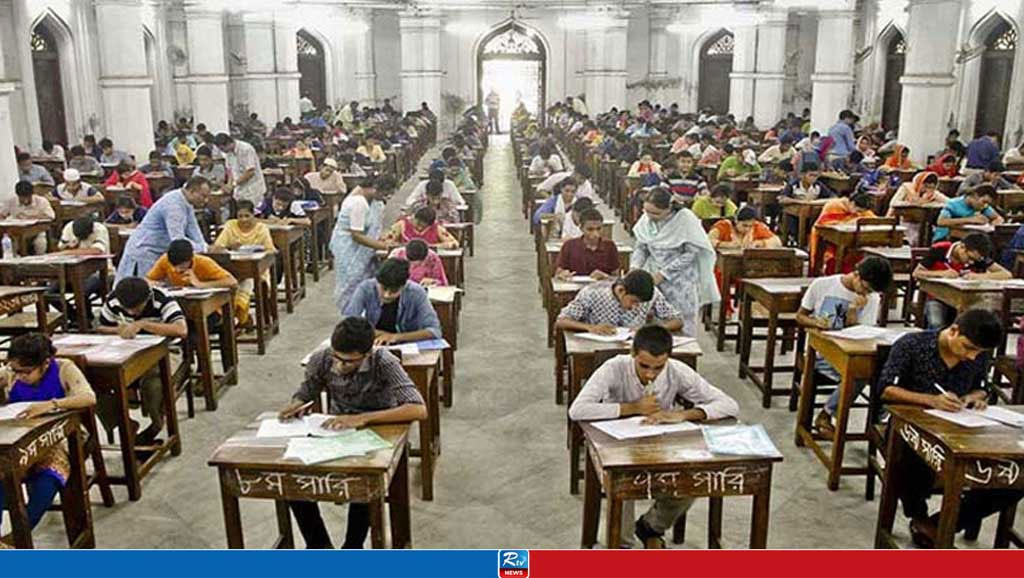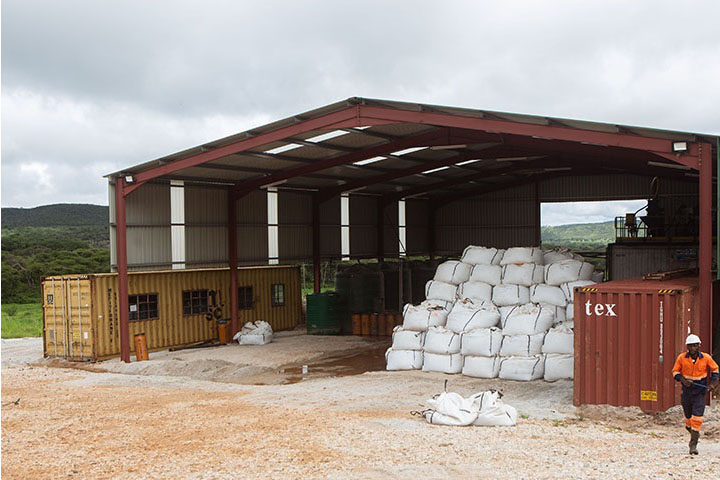US Seeks to ‘Diversify’ China-Dominated Africa Minerals Supply Chain
Africa is the site of a new battle for influence as Washington ramps up efforts to build an alternative critical minerals supply chain to avoid reliance on China. Beijing dominates the processing of critical minerals such as cobalt, lithium and other resources from the continent that are needed for the transition to clean energy and electric vehicles.
But at the Green Energy Africa Summit this week in Cape Town, which was held on the sidelines of Africa Oil Week, few were willing to talk about it directly.
Asked whether the U.S. was playing catch-up with China, one of the panel’s speakers, Deputy Assistant Secretary in the U.S. State Department’s Bureau of Energy Resources Kimberly Harrington, said simply that Washington was looking to "diversify."
For his part, fellow panelist Chiza Charles Newton Chiumya, the African Union’s director for industry, minerals, entrepreneurship and tourism, told VOA he didn’t want to use the term "competing" to describe the relative approaches of the West and China but agreed there is "lots of interest" in Africa’s critical minerals.
The Chinese Embassy in Washington was also circumspect when asked whether it sees itself in competition with the U.S. for the natural resources.
"The tangible outcomes of China-Africa practical cooperation throughout the years are there for all to see," spokesperson Liu Pengyu wrote in an emailed response.
"Supporting Africa’s development is the common responsibility of the international community. We welcome stronger interest and investment in Africa from all quarters to help increase the continent’s capability to achieve self-driven sustainable growth and move forward towards modernization and prosperity."
Independent analysts, however, had a different take. The Chinese made it a "priority to corner the market for critical minerals about two decades ago and supported that strategy with massive public diplomacy and infrastructure investments into Africa — most of which [came] via long-term debt," said Tony Carroll, adjunct professor in the African studies program at Johns Hopkins University, told VOA earlier this year.
"The West woke up to this strategy too late and have been scrambling ever since."
Part of that response has been the Minerals Security Partnership set up by U.S. President Joe Biden’s administration last year as a way of diversifying supply chains. Partners include Australia, Canada, Finland, France, Japan, South Korea, Norway, Sweden, the United Kingdom and the European Union.
"We see anywhere from three to six times demand growth for critical minerals across the world. ... So, I think our sense is that no single government, no single company, can create resilient supply chains," said Harrington at the Green Energy Africa Summit.
"If the COVID-19 pandemic showed us anything...one of the primary things it showed us is that if we are too overly reliant on any one source in a supply chain … it creates vulnerabilities, and so I think our approach overall on this issue is to make sure that we have diversity," she told VOA during a Q&A after the panel.
"When it comes to China in general, our secretary of state has been crystal clear, we have areas in which we cooperate with China, we have areas in which we compete with China, and that’s not going to change," she said. "This is a complex and consequential relationship and we see it as such."
The view from Africa
While he didn’t want to use the word "competition" to describe the outside interest in Africa’s critical minerals, the AU’s Chiumya stressed during the panel discussion that Africa must benefit from its mineral wealth.
"This is not the first time that Africa is sitting at the frontier of having critical minerals. … In the past we have lost a chance," he said, referring to the continent’s vast gold and diamond deposits. "This time around we want to do things different."
"For a long time, our governments have not been able to effectively exploit the mineral wealth that is there and ended up effectively going into very bad deals" which have not contributed to the social and economic development of the African people, Chiumya added.
Democratic Republic of the Congo President Felix Tshisekedi has been among the African leaders demanding better terms from China for several years. His country produces some 70% of the world's cobalt but remains one of the world's least developed nations.
Tshisekedi complained in January that the Congolese people have not benefited from a $6.2 billion minerals-for-infrastructure contract with China that was signed by his predecessor.
Meanwhile in Zimbabwe, which has large lithium deposits, the government has imposed a ban on exports of raw lithium ore, insisting that it be processed at home. A Chinese company has since built a large lithium processing plant in the country.
U.S. critical mineral plans
Washington says environmental, social and governance standards are a key consideration for the U.S. when it comes to its dealings with the continent regarding critical minerals.
"We want to do our part to ramp up our efforts with like-minded partners in Africa to promote sustainable clean energy supply chains in mining," said Harrington. She said it is also important to help countries "do some domestic processing and refining, because it’s really the value-added, that’s how you create jobs, that’s how you create local capacity."
At the U.S.-Africa Summit in Washington in December, the DRC, the U.S. and Zambia — another major source of minerals — signed a memorandum of understanding to develop a supply chain for electric car batteries, in what was widely seen by analysts as a move to counter China.
Harrington said the MOU had "the overall goal of a lot of an EV (electric vehicle) battery being processed and refined locally," even if some further refinement might need to be done in a third country.
Additionally, on the sidelines of last month’s G20 summit, the U.S. and E.U. pledged to develop the partially existing Lobito Corridor
— a railway connecting the DRC’s cobalt belt to Zambia’s copper belt and on to Angola’s port of Lobito, from where it can be shipped to international markets.
Source: VOICE OF America
16 Oct 2023,16:27
















 Live Tv
Live Tv









